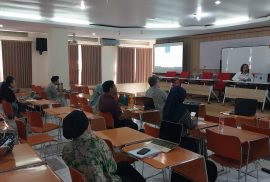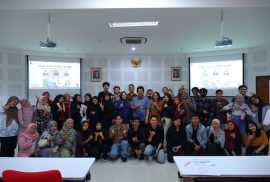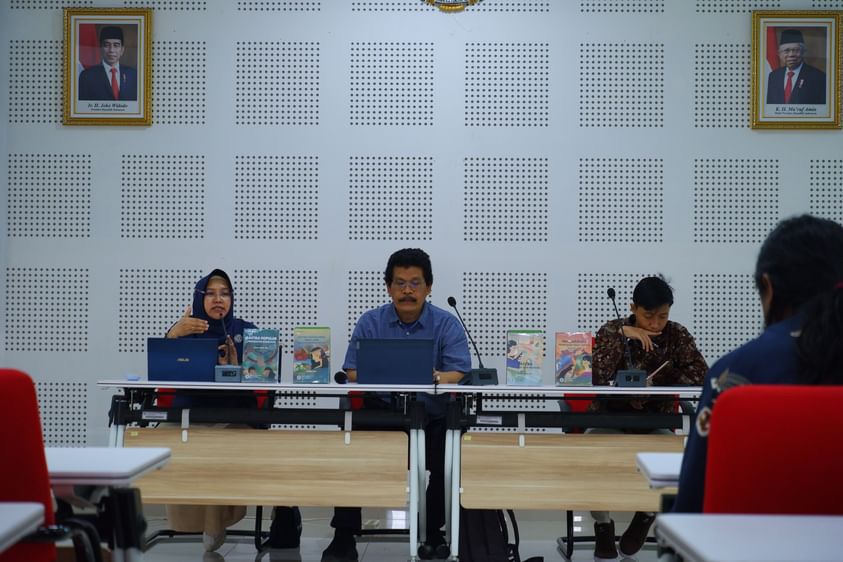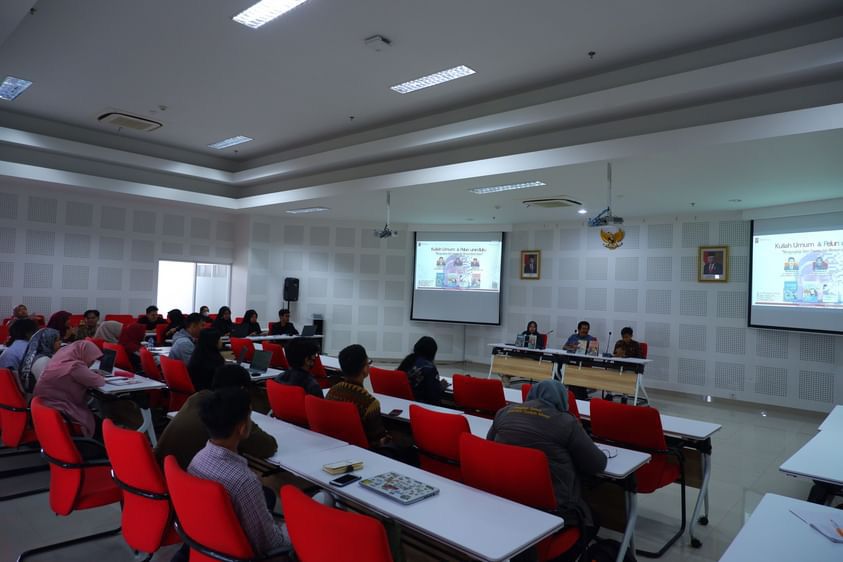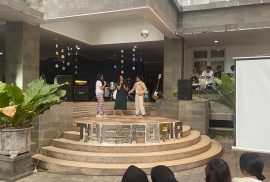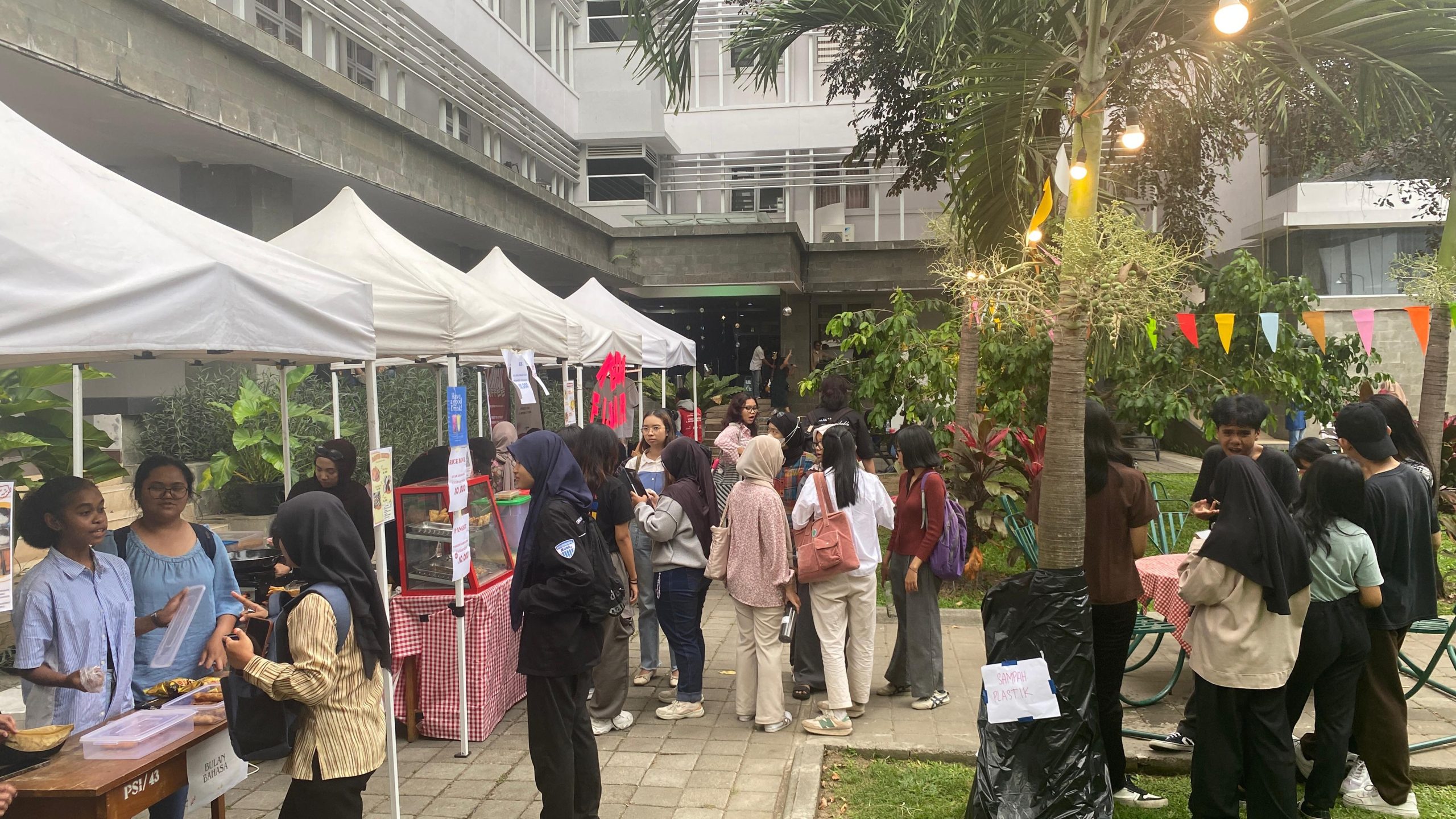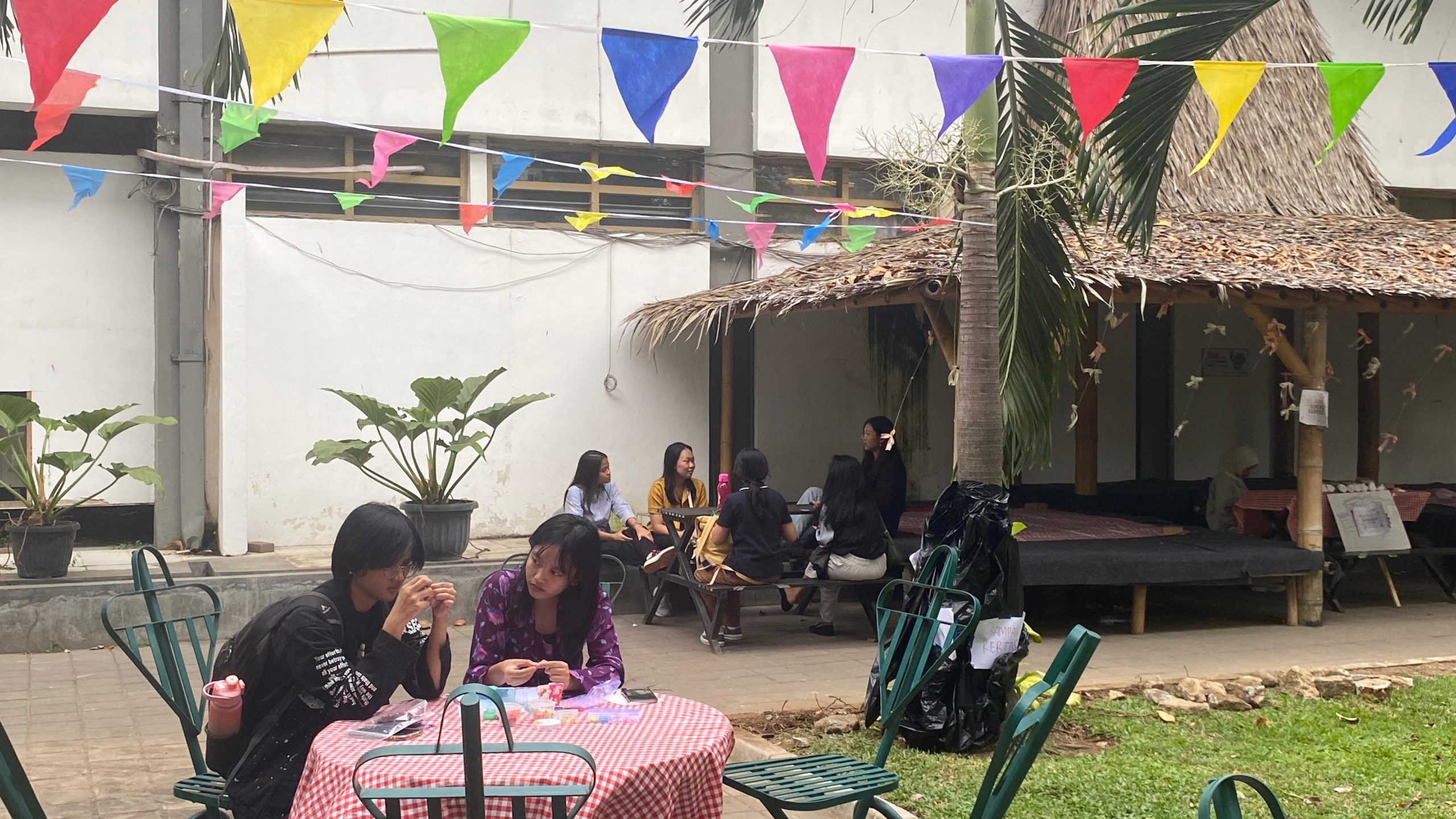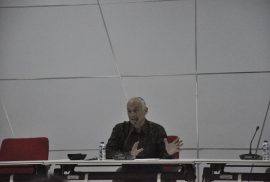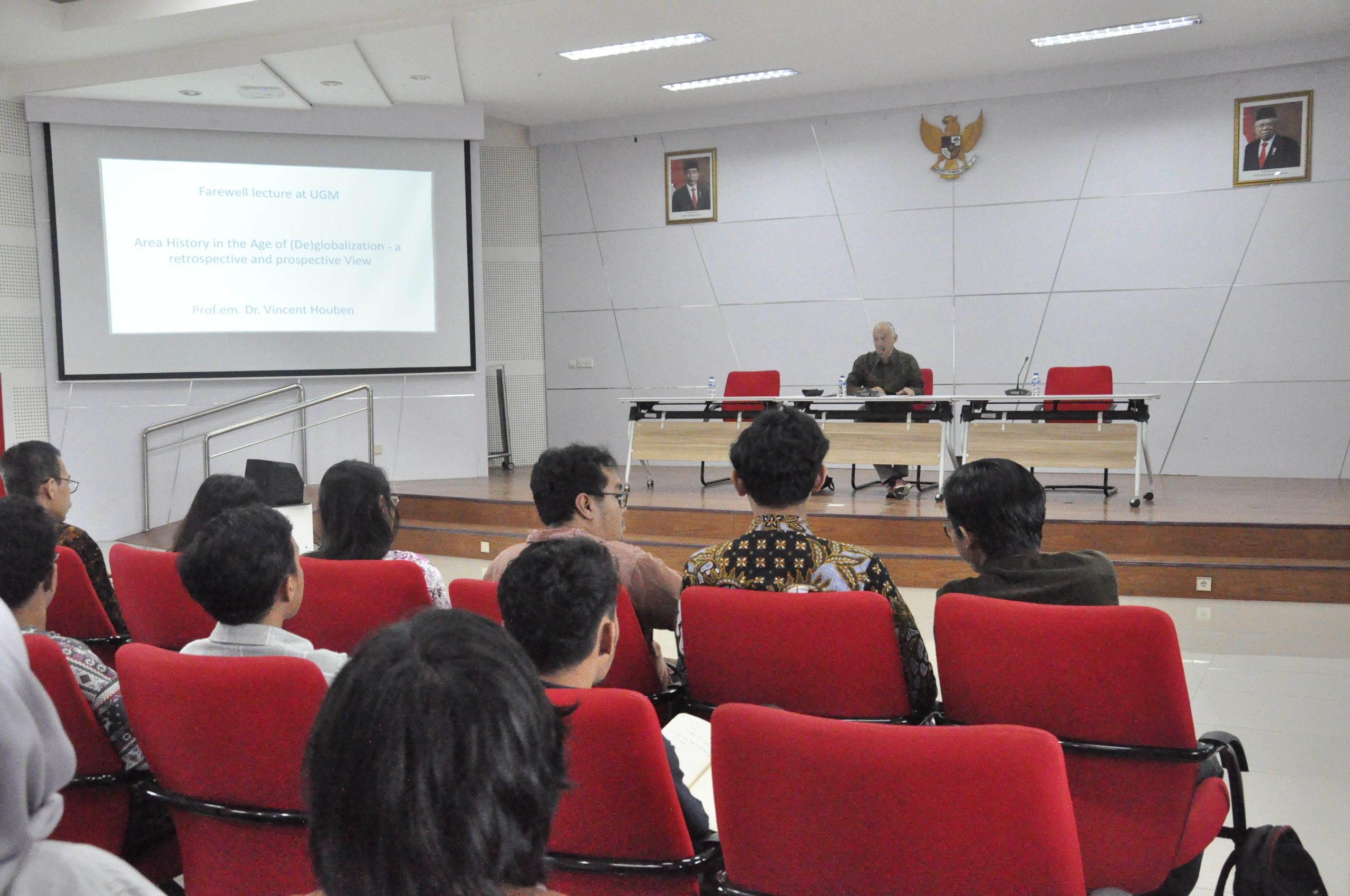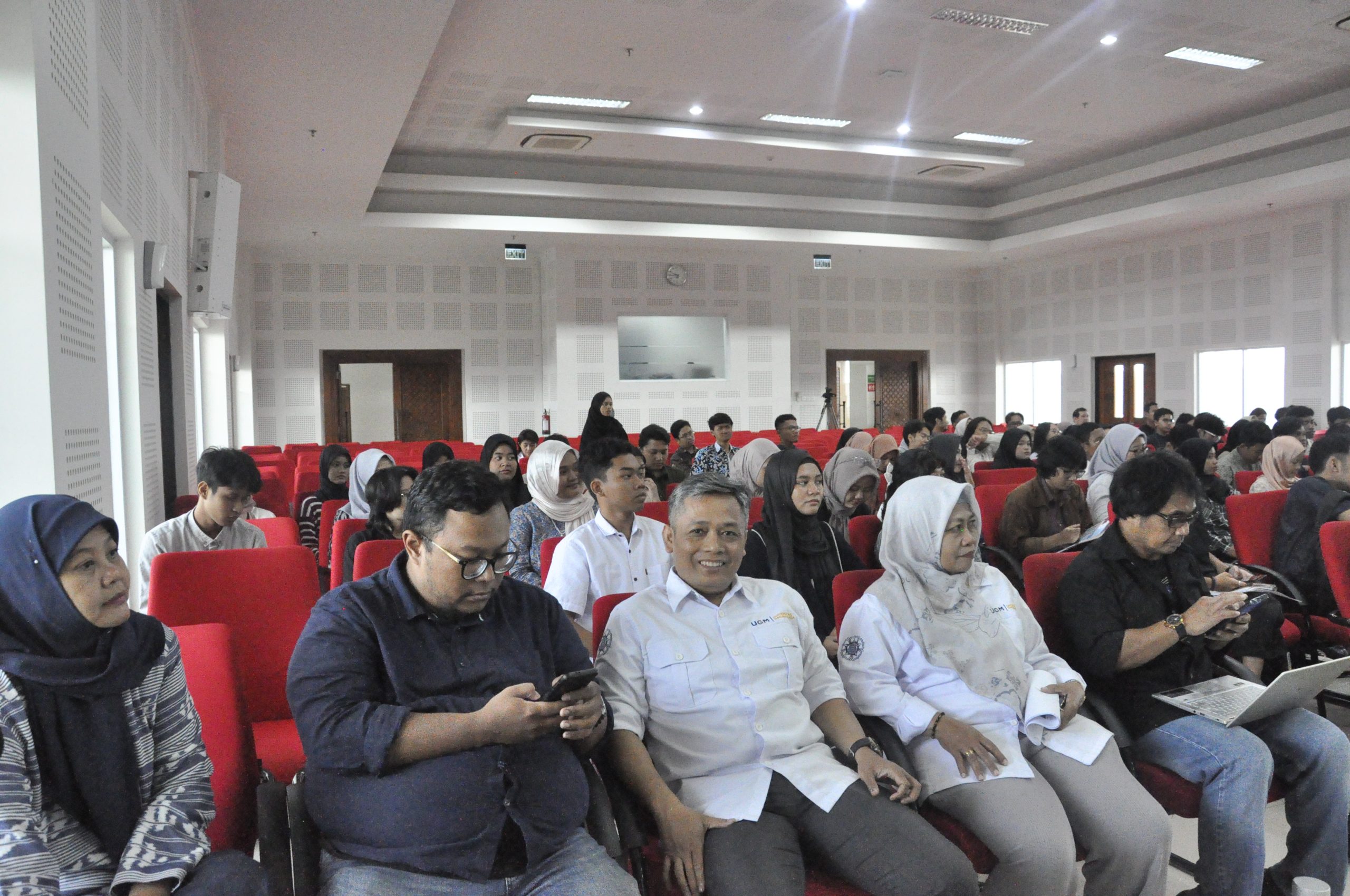Yogyakarta, 28 October 2024 – The Department of Anthropology of Universitas Gadjah Mada (UGM) successfully held a seminar entitled “Refugee Protection in Indonesia and Beyond” on Monday, 28 October 2024. Located in the Multimedia Room, Margono Building 2nd floor, the seminar attracted participants from various backgrounds, including students, academics, and legal practitioners.
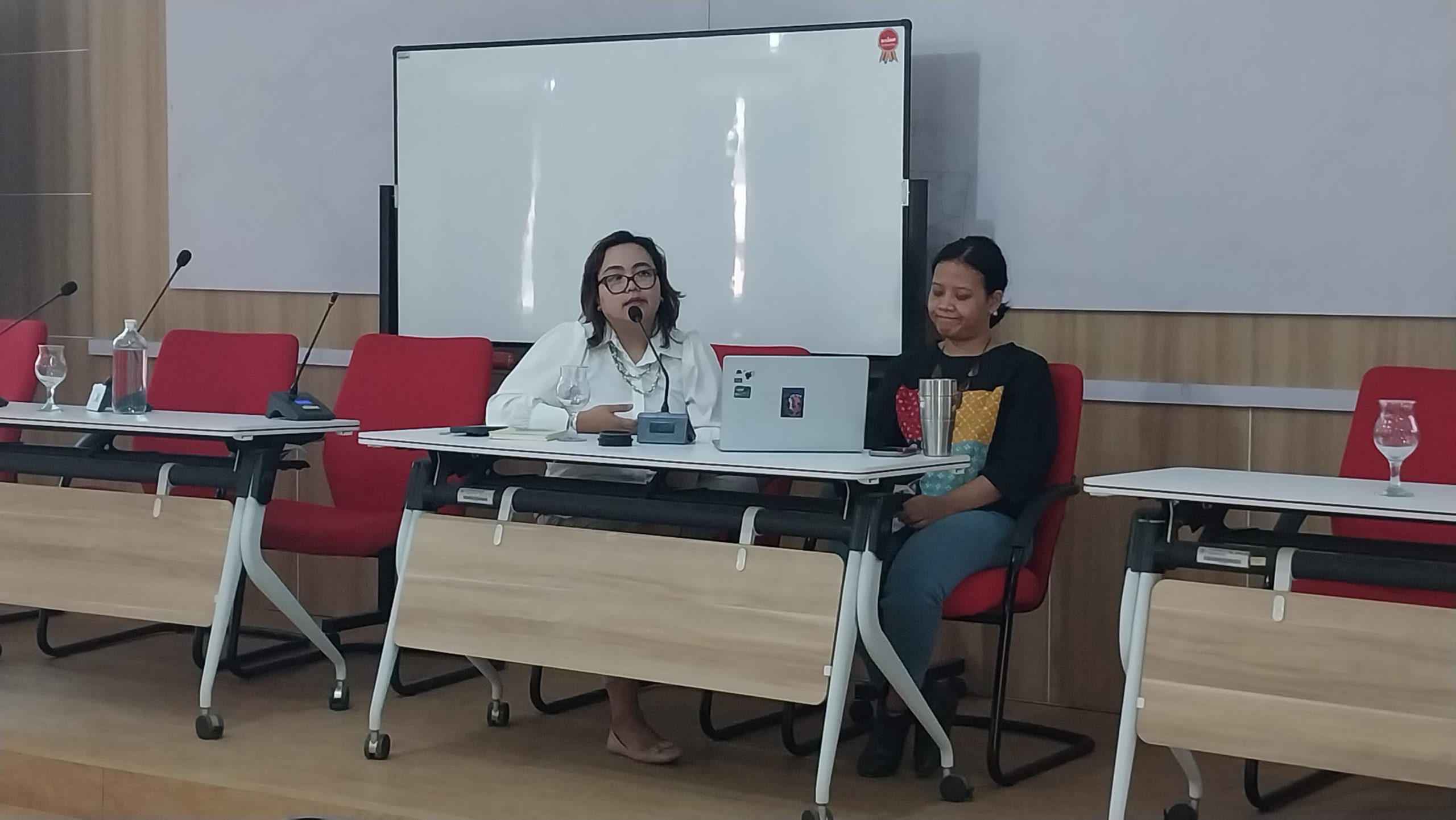
The event, which took place from 13.30 to 16.00 WIB, presented a number of expert speakers who discussed various aspects of refugee protection, both in Indonesia and in a global context. Here are some of the topics presented by the speakers:
- Prof. Martin Jones from the University of York, UK, presented material on “Moving Beyond Protection Space”. He highlighted the need for innovative approaches in moving beyond the boundaries of protection space for refugees amid global policy challenges.
- Fitria, S.H., M.R., Ph.D. from UIN Syarif Hidayatullah, Jakarta, presented the topic “Legal Pluralism and Refugee Protection in Aceh”. In her presentation, Fitria explained the legal complexities faced by refugees in Aceh and the importance of legal pluralism in ensuring more inclusive protection.
- Dr. Elan Lazuardi from Universitas Gadjah Mada explored the health challenges for refugees in Jakarta and surrounding areas in the topic “Unregulated Health Protection for Refugees”. He argued that health protection is still an issue that needs to be better regulated in national policy.
- Dr. Realisa Masardi also from Gadjah Mada University, provided additional perspectives on refugees in Indonesia.
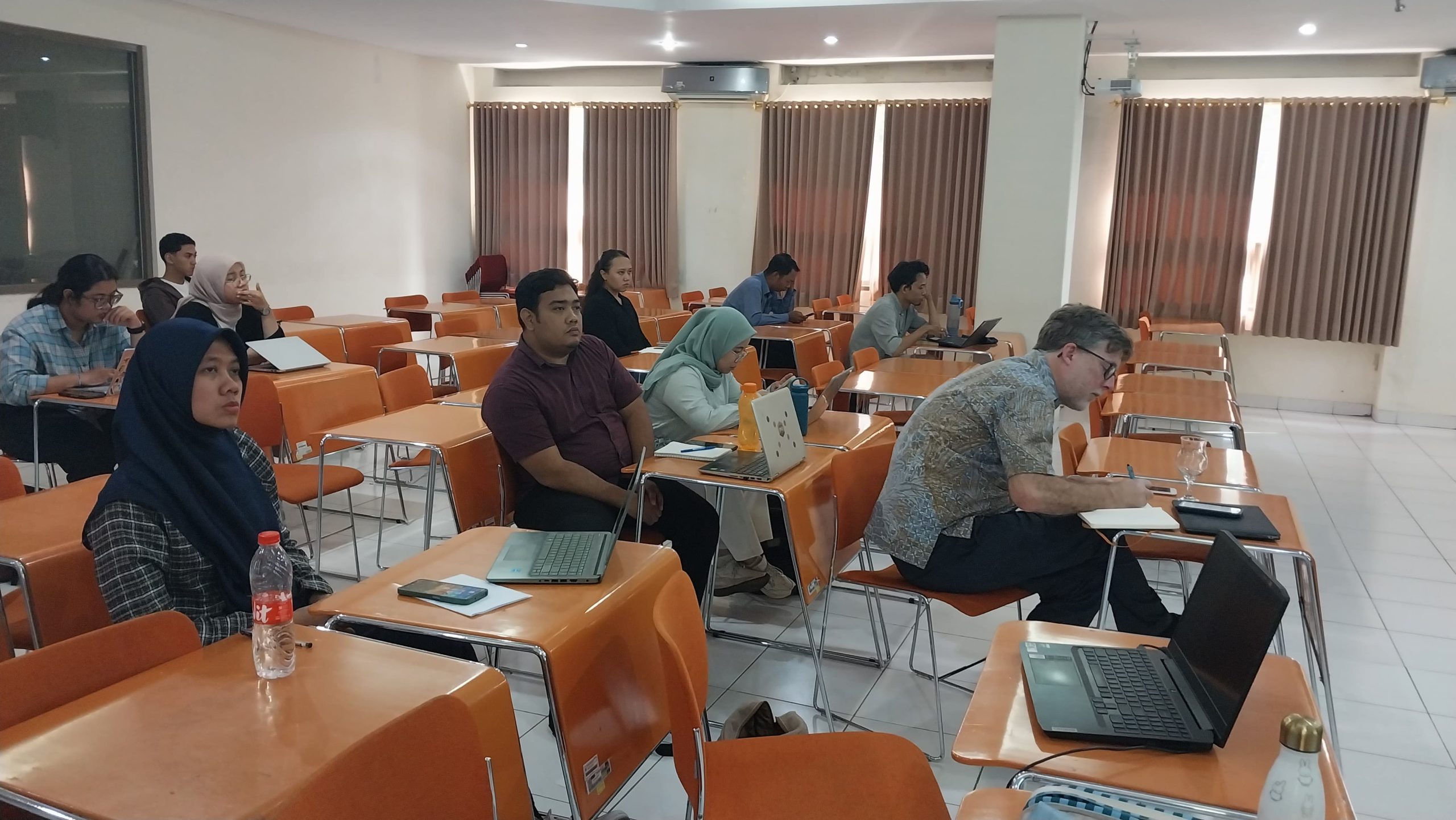
The seminar was welcomed enthusiastically by the participants, who had the opportunity to explore refugee protection issues through direct discussions with experts. Participants appreciated the importance of this seminar in providing a new understanding of the dynamics and challenges faced by refugees in Indonesia and the world. With the success of this event, the Department of Anthropology UGM is expected to continue to be a forum for critical discussions on crucial humanitarian issues at the national and international levels.

